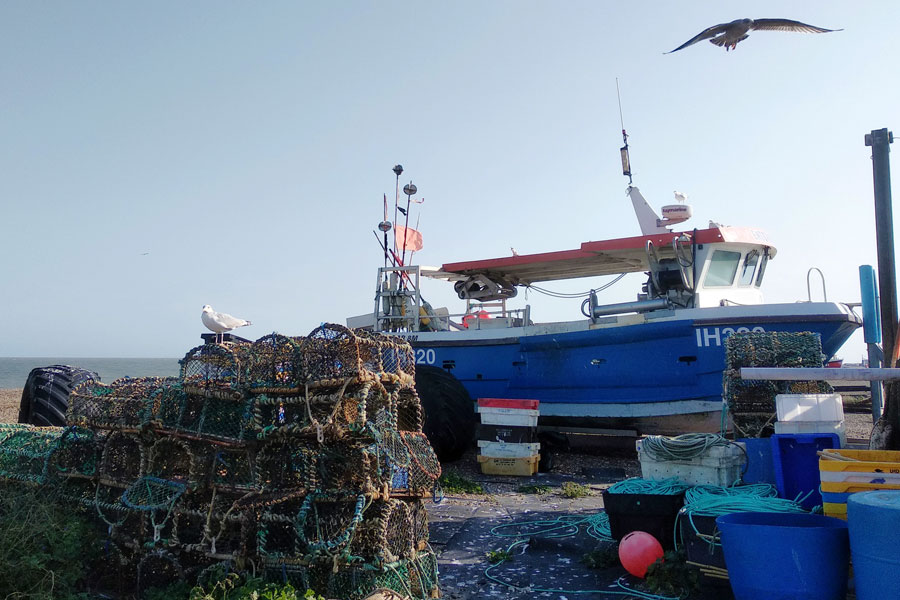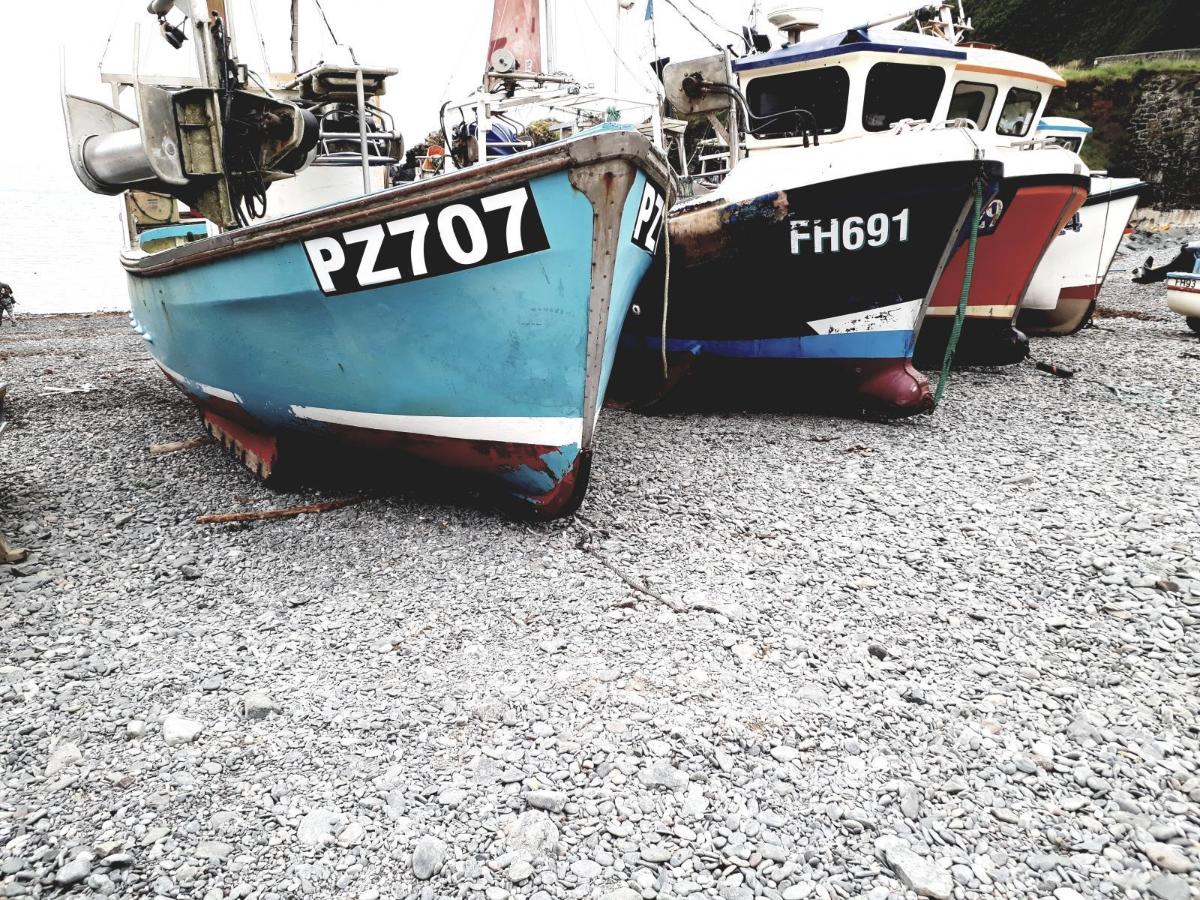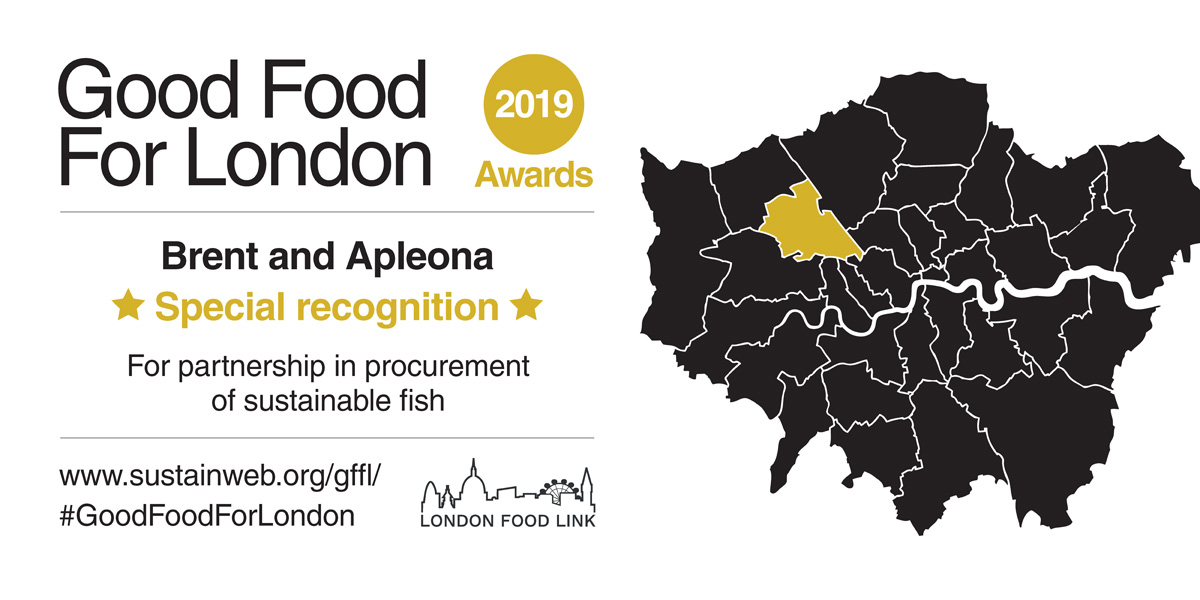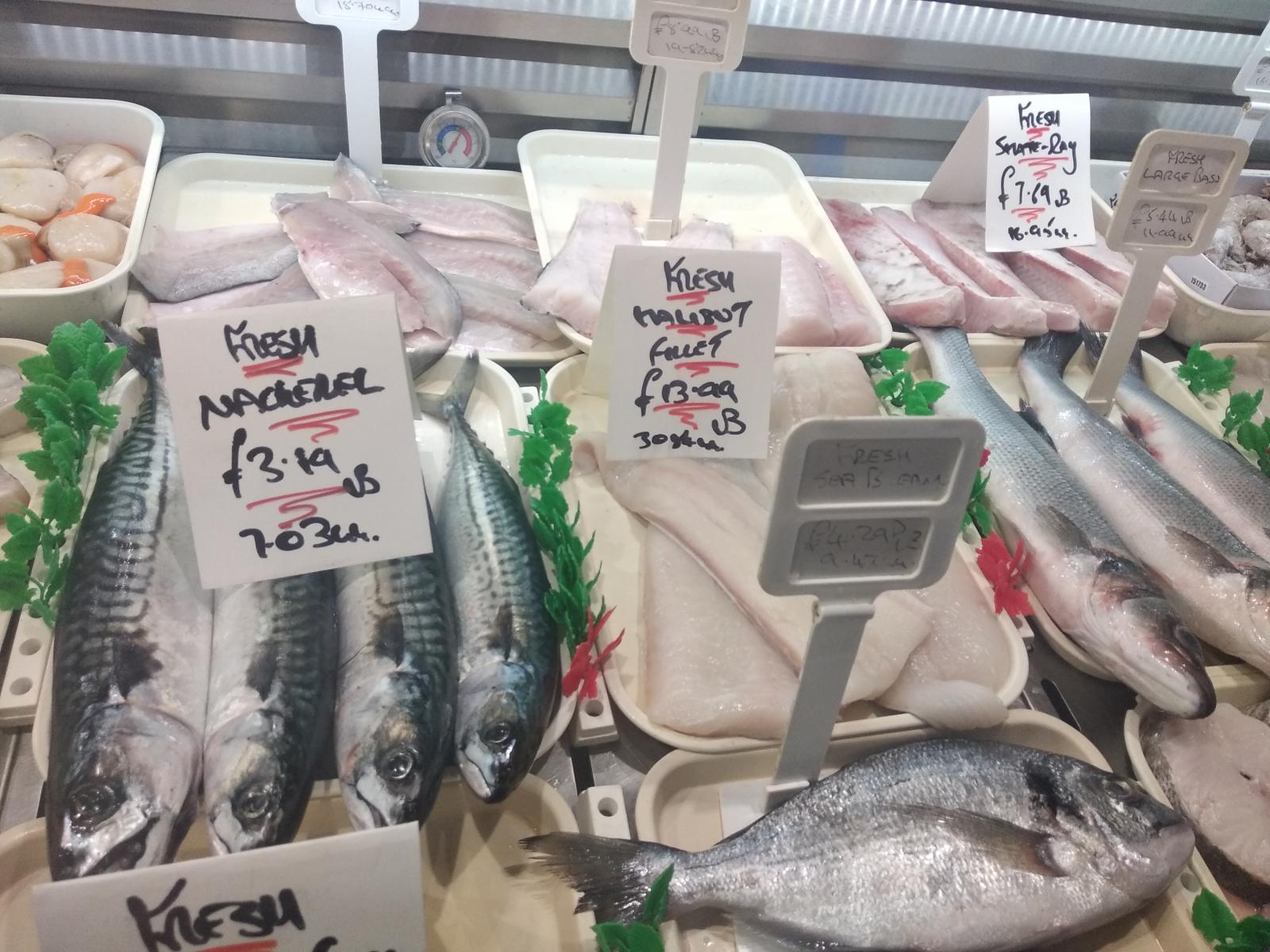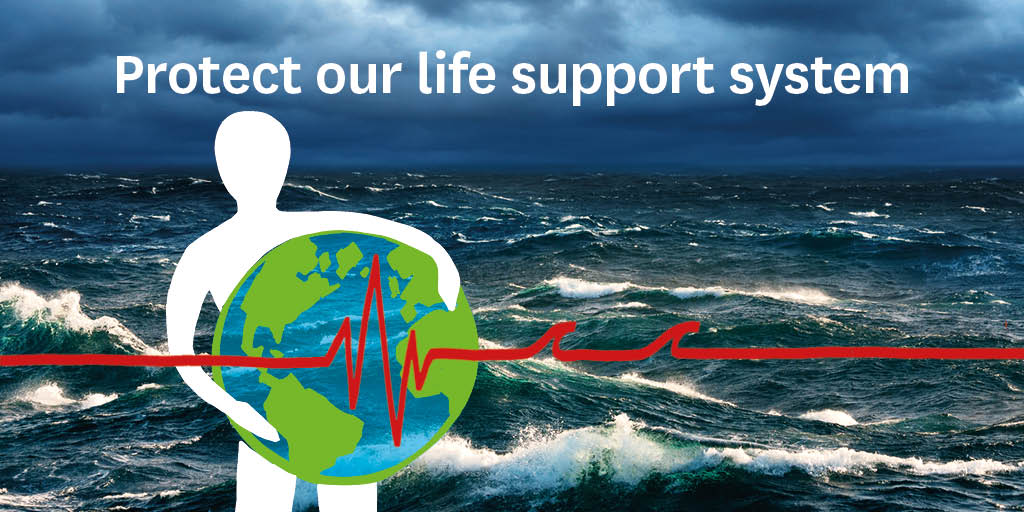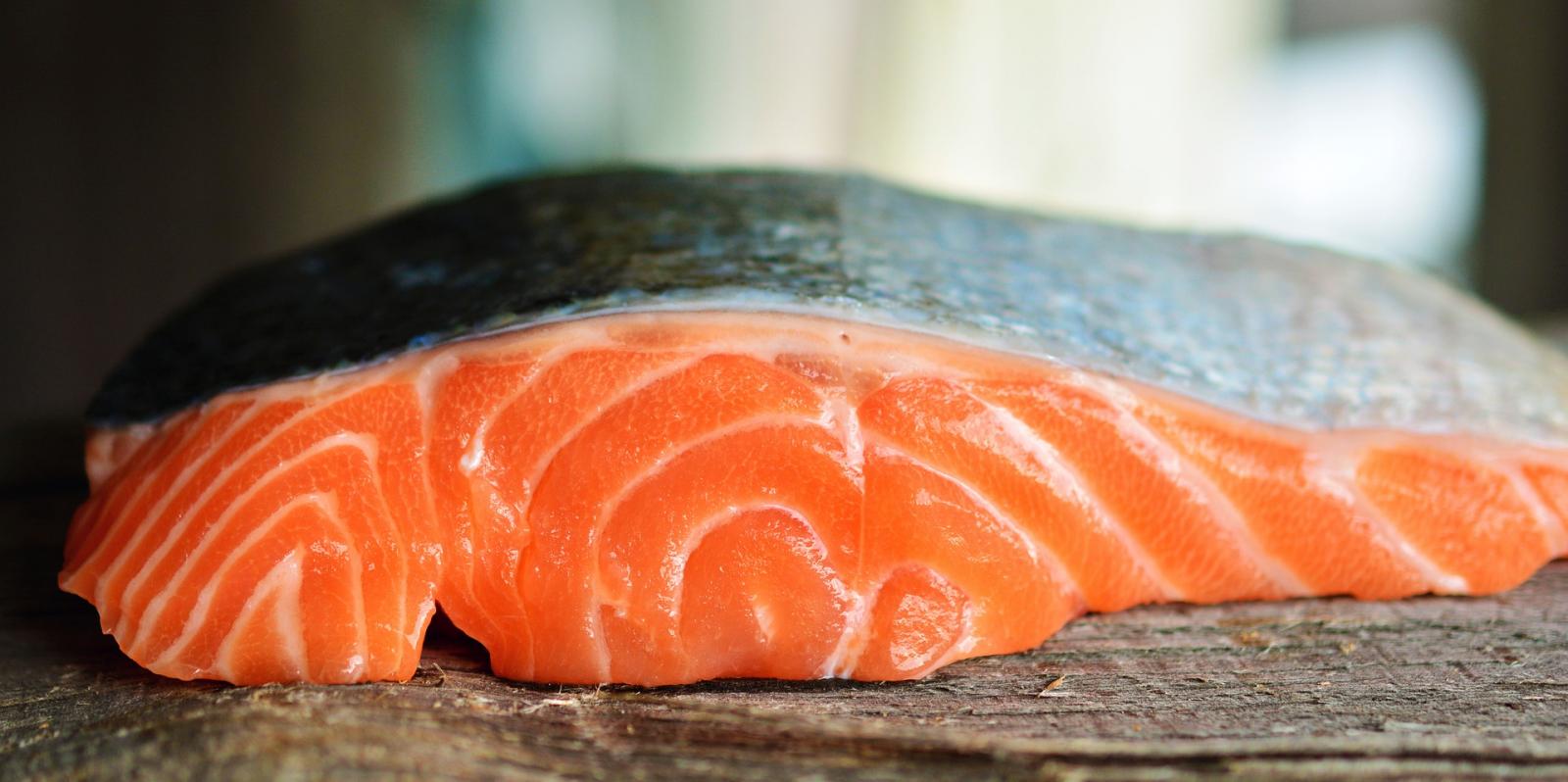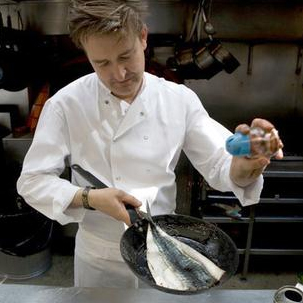The House of Commons Environmental Audit Committee says it is "essential" for Central Government to implement fully its commitment to using only sustainable fish in catering, ensuring that "all fish are demonstrably sustainable with all wild-caught fish meeting the FAO Code of Conduct for Responsible Fisheries".
Over recent months, the committee has been investigating the issue of sustainable fisheries and the European Union Common Fisheries Policy, which is currently under review, with the aim of making policy proposals for the UK Government to champion in European negotiations.
In a section on "consumer demand", the Environmental Audit Committee's final report said that "demand is potentially a powerful lever to encourage the fishing industry to adopt more sustainable fishing practices". However, the Committee also identified from evidence presented to them during their enquiry that whilst consumers are concerned about sustainable fish, they are also confused.
This is not helped by contradictory advice by government on fish consumption, such as to eat more fish for health reasons without the balancing advice that some fish is running out. The Department of Health's "8 tips for making healthier choices" includes "eat more fish - including a portion of oily fish each week". Professor Tim Lang of the Centre for Food Policy at City University London gave evidence that "The misalignment of nutritional advice with the data on fish stocks is remarkable. It is a worrying example of, firstly, the gap between evidence and policy and, secondly, continued failure to face this by government and the scientific community due to disciplinary divisions."
Professor Lang called for a revision of current consumer nutrition advice to create "ecological public health coherence" by giving clear messages on the need for diets to be both healthy and sustainable. He added that specific and clear advice on how to obtain essential fatty acids from non-fish sources was needed.
The House of Commons Environmental Audit Commitee also concluded that "We consider it is essential that the Government leads the way on procuring sustainable fish and supporting coastal communities through buying local fish wherever possible. In June 2011, Defra published the Government Buying Standards for public sector food procurement. The mandatory standards include "all fish are demonstrably sustainable with all wild-caught fish meeting the FAO Code of Conduct for Responsible Fisheries". The Department must ensure that the Government Buying Standards on sustainable fish sourcing are being fully adhered to, including in its own canteens. We expect that the Government Response to this report will include the most recently available data on compliance across Government with the mandatory standards on fish sourcing."
Read the full House of Commons Environmental Audit Committee report at: http://www.publications.parliament.uk/pa/cm201012/cmselect/cmenvfru/1563/156302.htm and the Consumer demand section at: http://www.publications.parliament.uk/pa/cm201012/cmselect/cmenvfru/1563/156312.htm
Sustainable Fish: A campaign to protect precious marine environments and fishing livelihoods, and call for fish to be bought from sustainable sources. We want to show what can be done if people and organisations make a concerted effort to change their buying habits.

